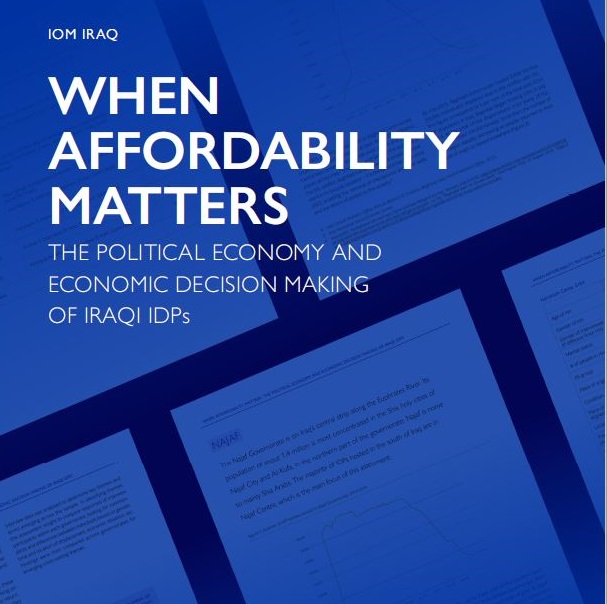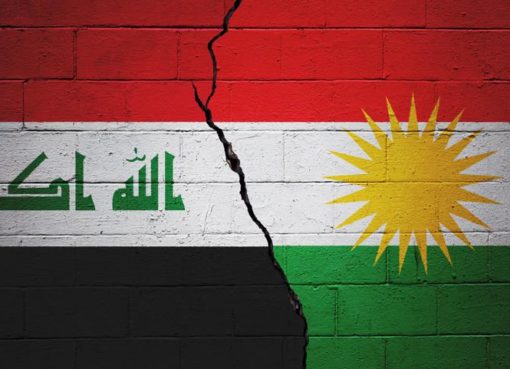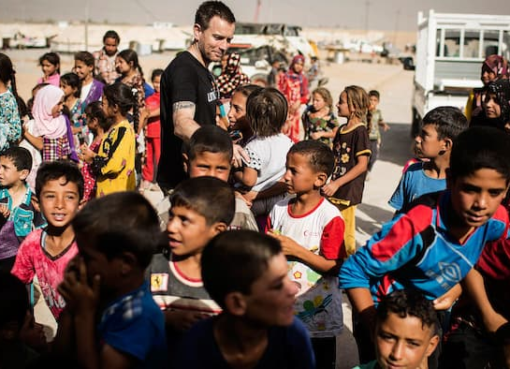This study by IOM Iraq, Returns Working Group (RWG), and Social Inquiry delves into the various issues and challenges that IDPs consider when assessing the affordability of return, and accordingly, the calculations they make when considering whether or not to remain in displacement.
According to the report findings, affordability is less an economic calculation than a holistic concept comprised of multiple factors that determine safety and wellbeing. While barriers to return, such as destroyed housing and inadequate economic opportunities, are critical components of affordability, it is crucial also to consider the tenuous yet viable networks and safety nets constructed by IDPs in displacement that also contribute to their deci¬sion to remain. The notion of overcoming not only financial losses but destroyed social resources and stressful memo¬ries all factor into the analysis that IDPs make when they consider the affordability of return. Thus, the interviewed IDPs understand affordability based on perceptions of conditions at home as well as the resources and mitiga¬tion measures available in areas of displacement.
Understanding the context behind an internally displaced person’s (IDP) stated financial inability to return helps to elucidate their reasons for not returning, as well as the impact of other related political and economic factors on their decision-making process and the pursuit of durable solutions.
Download Report (3.02 MB)








Comment here